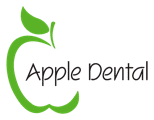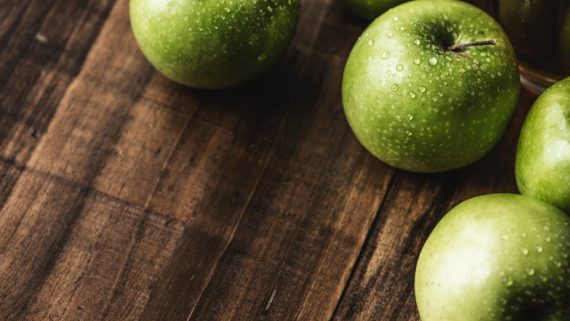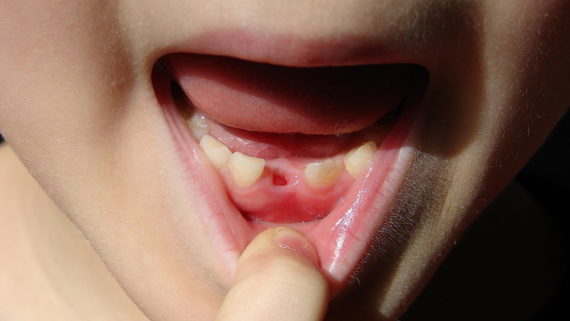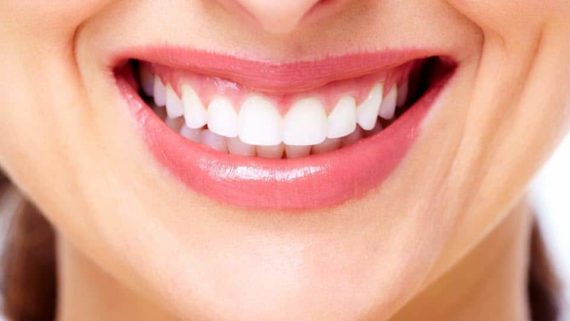Having the right oral hygiene habits certainly goes a long way in ensuring you have a healthy, great-looking smile.
But here at Apple Dental, Newstead’s leading dental clinic, we always remind our patients that to enjoy optimal dental health, you also need to have a well-balanced diet and develop the right eating habits.
If you want to know what and how to eat to have healthy teeth and gums, below are some important tips you have to follow:
1. Avoid or limit your intake of food and drinks that are bad for your teeth
Certain food items and beverages can cause tooth decay and staining or discolouration. If you continue consuming these products and have poor oral hygiene, this can lead to a lot of dental issues in the future.
Here are some of the foods and drinks that are bad for your teeth and the problems they can cause:
- Lollies
Both hard and soft lollies are bad for your teeth. When you eat a lolly, sugar will be left in your teeth. These sugar particles will then interact with the bacteria in your mouth and produce acid that will damage your teeth. Sour lollies are even worse since, aside from sugar, they contain citric acid which causes tooth enamel erosion.
- Starchy food
Potato chips, biscuits, cookies and white bread contain high levels of sugar. They can damage your teeth the same way as lollies. If you allow the particles from these starchy foods to stay in your mouth for a long time, the sugar will result in destructive acids that can harm your teeth and gums.
- Citrus fruits
Although fresh fruits are high in nutrients and can help improve oral health, not all of them are good for your teeth.
Citrus fruits such as oranges, lemons, limes, and grapefruit, are highly acidic. Eating too many of these fruits will cause the acids to attack the tooth enamel. This, in turn, will weaken your teeth and make them susceptible to sensitivity and decay.
- Soft Drinks
Carbonated beverages contain high amounts of phosphoric and citric acid. These substances change the mouth’s pH balance and cause the tooth enamel to erode over time. Aside from causing decay, tooth erosion can also lead to tooth sensitivity.
- Coffee
Aside from staining your teeth, coffee is acidic and as such, can erode tooth enamel.
- Alcohol
Spirits often cause dry mouth. If you are fond of drinking cocktails, you will be consuming a lot of sugar, too. Red wines also often lead to staining. White wines, on the other hand, are highly acidic. Aside from attacking the enamel, the acid from white wine can also make your teeth more susceptible to stains.
2. Eat more calcium-rich food
The teeth and the rest of the bones in the human body are mostly made up of calcium. As such, getting more of this nutrient will help you strengthen your teeth. In addition, various studies show that people who get the recommended daily amount of calcium are less likely to develop gum disease.
You can get calcium naturally by consuming:
- Dairy products – milk, cheese, and yogurt
- Green leafy vegetables
- Almonds
- Beans
3. Include food rich in phosphorus in your daily diet
Teeth and bones contain a lot of phosphorus as well. You, therefore, need to get the right amount of this nutrient every day to replenish and fortify your teeth.
Examples of phosphorus-rich food you should have in your daily diet are:
- Seeds – pumpkin, squash, chia, sesame, and flax seeds
- Nuts – Brazil, almonds, cashews, and pine nuts
- Beans and lentils
- Fish and shellfish
- Low or non-fat yogurt
- Tofu
4. Have a well-balanced diet
Aside from calcium and phosphorus, there are several essential nutrients you need to maintain healthy teeth and gums. Having a well-balanced diet that includes plenty of vegetables, fruit, whole grains, dairy, and lean proteins such as fish or beans will ensure you get these important nutrients.
Below are some of the other nutrients you need and where you can get them:
- Vitamin D – This particular vitamin helps your body (and teeth) absorb calcium and phosphate. Common sources include salmon, tuna, egg yolks and vitamin D-fortified cereals and fruit juices.
- Antioxidant vitamins – Vitamins A, C, and E are antioxidants that help protect your gums from cell damage and bacterial infection. Fruits and vegetables such as berries, broccoli, and sweet potatoes are rich in these vitamins.
- Fluoride – This nutrient promotes the remineralization of the tooth enamel and helps prevent tooth decay. Fluoride is a common ingredient in most brands of toothpaste. However, you can also get this nutrient from fluoridated tap water, black and green tea, sardines and anchovies.
- Zinc – Saliva contains traces of zinc. This mineral helps control dental plaque by inhibiting the growth of oral bacteria. To increase your intake of zinc, include squash, legumes, whole grains, oysters, red meat and poultry in your diet.
5. Give your mouth regular breaks
This basically means not eating or drinking constantly since your mouth also needs breaks to process what you’re putting in it.
According to dental experts, it is best to space meals and beverages apart by at least two hours to minimize the risk of tooth decay. This is because your mouth produces more saliva during a meal which helps wash away food particles. Frequent snacking can give your mouth a harder time to produce saliva and, hence, more residual particles will be left on your teeth.
6. Drink more water
Since soda, coffee, and spirits are bad for your teeth, whenever you’re thirsty, drink water.
Water has properties that protect the teeth. It helps keep your mouth hydrated, too. It is also best to drink water after indulging in a sweet beverage so that you can wash away some of the sugar off your teeth.
Do you have more related questions or dental health concerns? Visit this page to get the best answers to your dental care questions.











Comments
No comment yet.